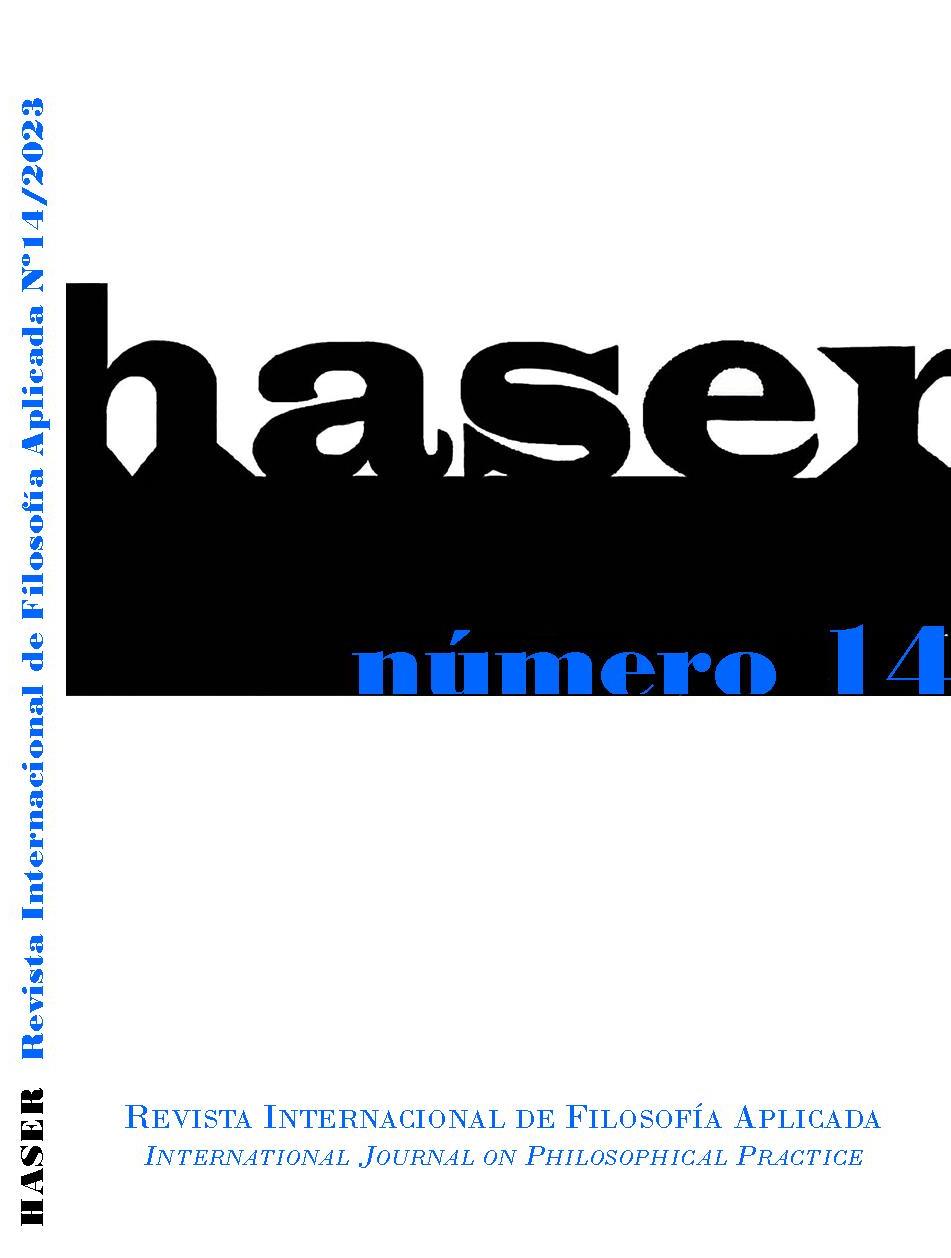Syad-Narrative as a Philosophical Practice Method to Minimize Cognitive Biases
Abstract
The term ‘health’ doesn’t merely apply to physical, social, and psychological spheres, but also extends to the philosophical sphere. Philosophical Counseling has recently emerged as a productive method to resolve issues concerning one’s philosophical health, by employing Socratic dialogue and related techniques to cross-examine the relevant thoughts, values, intentions, and actions, to spur realizations that alleviate the issues. In this paper, I introduce two interdependent ancient Jain philosophical doctrines that may be applied fruitfully in Philosophical Counseling practice, namely, Anekāntavāda, which is ontological, and Syadvada, which is epistemological. Anekāntavāda is the doctrine of non-one-sidedness, that is, that reality is multi-faceted, and Syadvada is the corollary doctrine that knowledge is therefore necessarily relative and perspectival. I exapt some ways in which these twin doctrines may be fruitfully applied to resolve various issues connected with the sorts of cognitive biases and bounded rationality that often present themselves in Philosophical Counseling sessions. Research has proven bounded rationality and heuristics to be the principal causes of cognitive biases. This paper discusses the causes and impacts of cognitive biases on the processes of judgment forming and decision making and focuses primarily on two applications of the two Jain doctrines: (1) to understand the multiple dimensions of reality through Anekāntavāda in order to minimize reliance on heuristics and bounded rationality, and (2) to identify and minimize specific cognitive biases. The objective is to propose Anekāntavāda and Syadvada as methodological tools of Philosophical Counseling that may be used to reduce bounded rationality, and to propose the blend of Syadvada and Narrative Therapy – the “Syad-Narrative” method – to attenuate cognitive biases and thus to yield productive outcomes in Philosophical Counseling.
Downloads
Downloads
Published
How to Cite
Issue
Section
License
Los autores/as que publiquen en esta revista aceptan las siguientes condiciones:
1. Los autores/as conservan los derechos de autor y ceden a la revista el derecho de la primera publicación, con el trabajo registrado con la licencia de atribución de Creative Commons, que permite a terceros utilizar lo publicado siempre que mencionen la autoría del trabajo y a la primera publicación en esta revista.
2. Los autores/as pueden realizar otros acuerdos contractuales independientes y adicionales para la distribución no exclusiva de la versión del artículo publicado en esta revista (p. ej., incluirlo en un repositorio institucional o publicarlo en un libro) siempre que indiquen claramente que el trabajo se publicó por primera vez en esta revista.
3. Se permite y recomienda a los autores/as a publicar su trabajo en Internet (por ejemplo en páginas institucionales o personales) antes y durante el proceso de revisión y publicación, ya que puede conducir a intercambios productivos y a una mayor y más rápida difusión del trabajo publicado (vea The Effect of Open Access).


